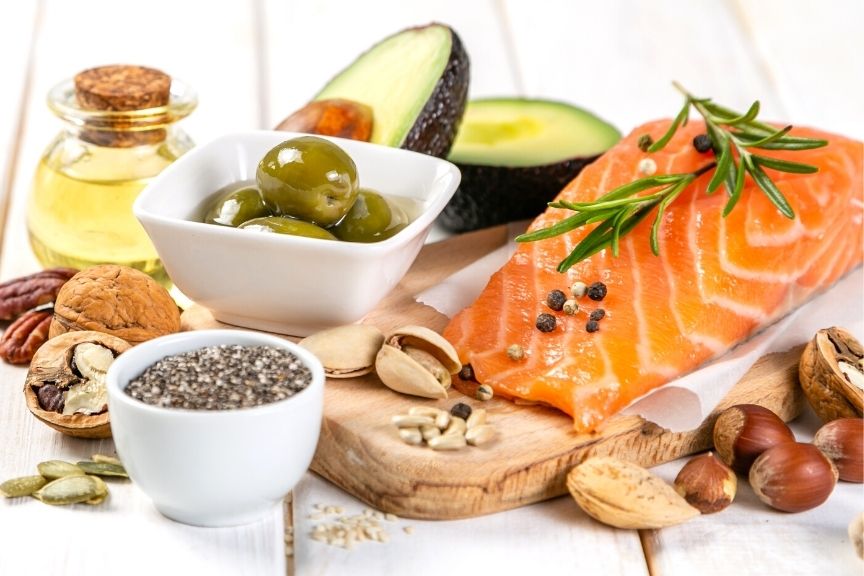

One study of rugby players showed moderate value to doing so, and another study of soccer players showed similar results.

Given that, researchers have looked into the benefits of combining omega-3s and protein in a postworkout supplement to reduce muscle soreness. One of the key roles of omega-3s is increasing your muscles’ sensitivity to protein supplementation. The researchers found that this supplementation caused increased levels of nitric oxide in the blood and higher oxygen uptake, meaning that the athletes were better able to transport oxygen to muscles for use during exercise and consequently enhance performance. In a small study with elite cyclists, athletes supplemented with 1.3 grams of omega-3 twice a day for three weeks. While there is limited research on the effects of omega-3s in athletic populations, there are still some potential benefits being examined, which include: 1. How exactly a supplementation of omega-3s will help you is a different question. In other words, a deficiency might hurt your running performance. Can Eating Breakfast Improve Your Performance?.With this nutrient’s host of health benefits comes a natural question: Can it also help me run faster and stronger? “Since running is a sport that puts added stress on the heart, lungs, and joints, inadequate intake of omega-3 EPA may contribute to reduced recovery of those systems,” says Jones. Omega-3 intake is also considered a possible treatment for depression and anxiety.
#Omega 3 foods skin
Some evidence proposes that omega-3 supplementation might reduce the occurrence of non-melanoma skin cancer, and other research advises omega-3 intake for its anti-inflammatory properties and beneficial effect on the immune system in breast cancer patients. Researchers are also looking at the effects of omega-3s in cancer prevention and treatment. Plus, omega-3s have been associated with reducing triglycerides and blood pressure-both of which are markers of overall heart health. As a matter of fact, evidence suggests that increased consumption of omega-3s from fish or fish oil supplements can decrease the rate of death by cardiac events and possibly strokes. The American Heart Association recommends eating fish at least twice each week to build a healthy heart. And don’t be mistaken, there are many perks associated with having sufficient omega-3s in your diet. “When it comes to omega-3s, the primary benefits are associated with EPA and DHA, not ALA,” says Rice. Since chronic inflammation is associated with serious diseases, omega-3s are constantly under the microscope for their potential ability to prevent and treat many ailments. Omega-3s are best known for their inflammatory-fighting properties. The GOED suggests taking in 500 milligrams of EPA and DHA per day for general health. There is no set recommendation for the amount of omega-3s you should have in a day, but the National Institute of Health recommends 1.1 grams of ALA for women and 1.6 grams of ALA for men. “Researchers have not yet determined how much EPA and DHA the body is able to convert from ALA, so if someone is following a vegan diet, it is recommended to supplement with algae oil to obtain more quality sources,” adds Jones. The best way to get EPA and DHA is through food, such as fish, shellfish, seaweed, algae, and supplements. Most Americans eat plenty of ALA on a daily basis.ĭHA and EPA are non-essential because the body can make both, but only in minimal amounts.


It’s also found in soybeans, hemp seed, and plant oils (like canola oil). “Plant foods, such as walnuts, chia seeds, and flax seeds, provide us with omega-3 ALA,” Jones says. Common Supplement May Boost Muscle RecoveryĪLA is an essential fatty acid, meaning that the body cannot make it naturally so you need to get it from food.


 0 kommentar(er)
0 kommentar(er)
